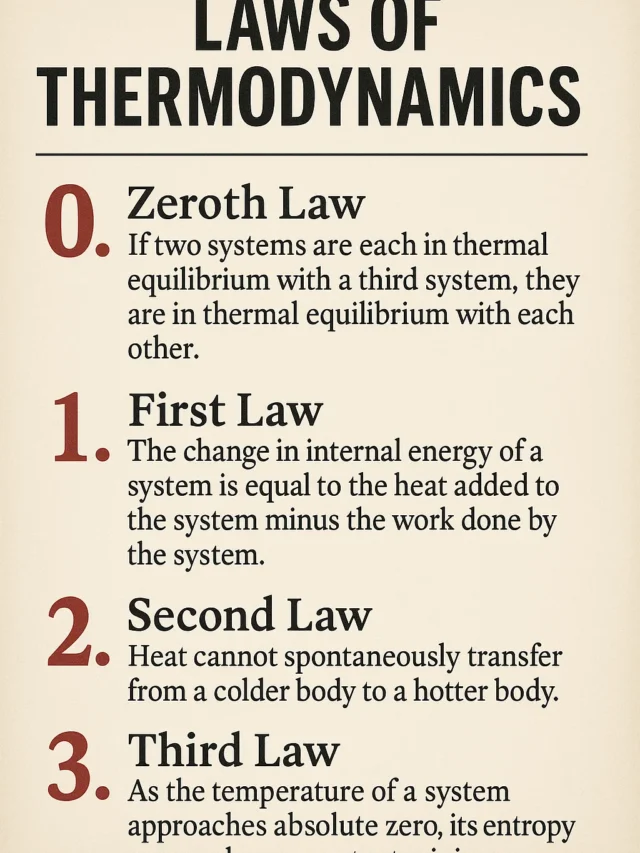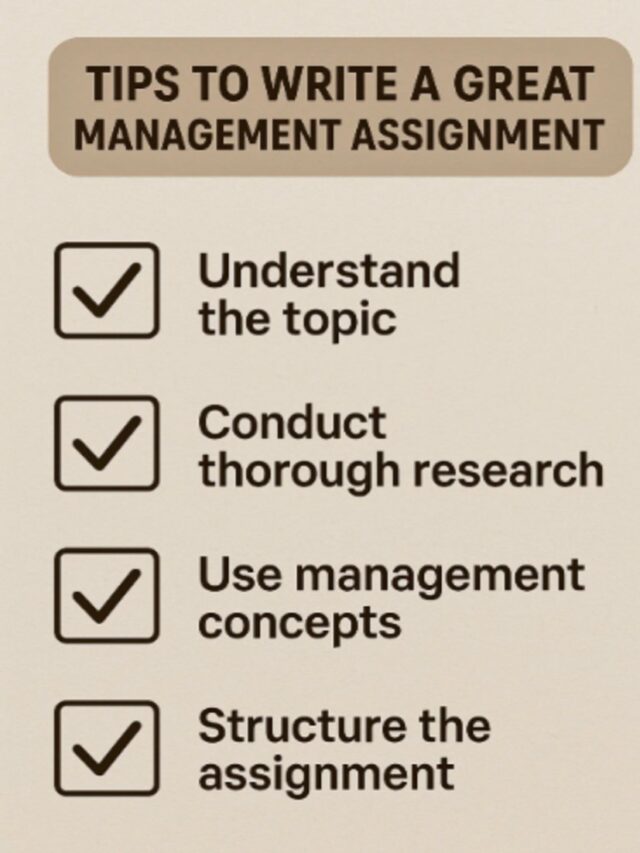Nursing Reflection Using Driscoll’s Model Of Reflection
Introduction
Supplementary to and as an outcome of practising reflectively, the nurse copiously develops professionally (NMC, 2018). This reflection will utilize Driscoll’s model of reflection, which poses three key questions: Hearing The Gaps and The 3 W’s which consists of “What”, “So What” and “Now What?” (Driscoll, 2006 p. 47). Using this categorisation, I will describe an observation from my Urology Department on 15th March 2024 regarding self-awareness and personal development, positive attitude towards work and value of personal integrity as well as proper handling of patients’ identities and privacy. Other reflective models include Gibbs’ Reflective Cycle, which involves six stages: description, feelings, evaluation, analysis, conclusion, and action plan (Gibbs, 1988, p. 37). Kolb’s Cycle involves four stages: concrete experience, reflective observation, abstract conceptualization, and active experimentation (Kolb, 1984).
It means that the study of the self and the environment is highly adaptive and useful in helping develop a richer perspective of one’s practice. The Nursing and Midwifery Council (NMC, 2018) also supports the use of reflection as a way of staying on the professional course and elevating the quality of patients’ care. Through this type of reflection, the nurses will be in a position to determine areas they lack in and strive to produce even better care that gets closer to patient-centeredness (Bulman and Schutz, 2013 p. 33).
What?
While serving my internship in the Urology Department, the general duties that I was assigned include helping patients with basic needs. One major incident was concerning a patient I will call Mr. Smith to keep to confidentiality as provided by the NMC Code. Dressing after washing was difficult for Mr. Smith, an elderly man that needed help with dressing. For the record, he first refused my assistance but I stayed with him until he was safe. I also noticed that he was unable to dress himself, he specially had a hard time doing it with his left arm. When I noticed that he had no idea of what he was doing, I felt the urge to help or at least ask him what he wanted to achieve.
This condition obviously posed several challenges. Firstly it was one of my first personal interactions with a patient and I did not know how to tackle it. Secondly, during the stay in hospital, Mr. Smith had contracted a Category 4 pressure ulcer and this becomes one of the factors to be considered during assessment. This was my first time coming across a pressure ulcer of this stage and I was not quite sure of the most appropriate interventions to institute.
I admit my first feeling was rather puzzled. I understood that Mr. Smith was uncomfortable and wanted to give him the best care possible following the plan. However, I also remembered that I was a first-year student nurse with quite a limited knowledge of what still awaits me. Since it did not make sense to carry this problem to my employer, I had to talk with my clinical supervisor and get advice. We made an evaluation of Mr. Smith and discussed the appropriate management plan that can give comfort and respect to the patient.
This incident demonstrated the need for support from other employees and team cooperation in consideration of the values and outcomes oriented to effective patient care services. It also covered the aspect of training and development since I realized some areas I was not fully conversant with.
Top UK Assignment Cities
So What?
This experience has therefore enriched me in relation to the importance of self-awareness which enhances effective communication, as well as professional development within the nursing practice. Self-awareness is defined as the conscious knowledge of one’s own character, feelings, motives, and desires (Goleman, 2005 p. 34). First of all, I felt such feelings as anxiety and uncertainty which are typical for student nurses when they have to face new challenges (Jack and Smith, 2007 p. 50). Still, the emotions must be identified and controlled not to become an added value to interferential factors impacting the patient care.
One of the most significant things learned from this scenario is the need to preserve the patient’s dignity and privacy. Continuing to stay with Mr. Smith and waiting for him to call for help brought professionalism into practice while adhering to the NMC Code’s principles that mandate patients’ dignity and respect as well as the protection of their privacy (NMC, 2018).
This analytic highlighted the need for self-awareness in the nursing profession. Consciousness familiar which is a component of EI lets the nurses grasp his/her feelings, assets and debilities (Goleman, 2005 p. 87). Stating my uncomfortable position at the beginning of the process helped me to focus on how I can develop myself and work on emotions and professionalism. Eckroth-Bucher (2010) believes that self-awareness is critical because it facilitates awareness of how self influences communication with other people.
As indicated by this experience, communication also proved to be another critical aspect of nursing practice. Communication is more than the sharing of information, especially where the focus is also on relation building and gaining the trust of patients. McCabe and Timmins (2013 p. 25) say that in order to start trust, the patient needs to have confidence in the healthcare person and this means communication is very vital. I keep my body language open by giving Mr. Smith my full attention through eye contact and encouraged him to talk so am able to treat him according to his needs.
Empathy is an important sign of patients’ top characteristics, it means to assume another person’s point of view and to experience another person’s emotions and feeling therefore plays a very vital role in the building therapeutic relationships which refers to professional, interpersonal relationships between healthcare providers, such as nurses, and their patients. Hojat (2016 p. 134) opines that empathy is one of the vital subdomains of emotional intelligence and central to patient-centered care. When I was talking to Mr. Smith, I was able to address his suffering and pain by comforting him and making sure he is comfortable, thus ensuring that I gained his trust and therefore we maintain a therapeutic client-provider relationship.
This also has made me to gained an insight into the aspect of teamwork and collaboration in nursing practice. To promote comprehensive care, one has to understand that it is a team effort in the provision of healthcare. I am grateful for my supervisor’s assistance in creating a care plan for Mr. Smith at the facility. This situation highlighted the need to consult coworkers and collectively work to ensure the delivery of good quality care to the patients (Thistlethwaite, 2012 p. 58).
Last but not the least, this experience clearly indicated that one has to keep on learning to update the knowledge as well as skills of the human capital. Voluntarily, there are lots of areas that I think that as a student nurse, I want to improve and enhance. This appreciation has made me go in for learning activities and become intentional in exercising metacognition as a way of sharpening my skills as a nurse (Jasper, 2013 p. 44).
Feeling Overwhelmed By Your Assignment?
Get assistance from our PROFESSIONAL ASSIGNMENT WRITERS to receive 100% assured AI-free and high-quality documents on time, ensuring an A+ grade in all subjects.
Get Assignment Help for Top Subjects
Now What?
Thus, in the future, I will further focus on my personal growth regarding self-perception, interpersonal communication, and professional expertise. One specific area of development will involve the enhancement of my capacity to regulate various feelings, including uneasiness in healthcare clinics. Goleman (2005) also notes that self-regulation is one of the competencies making up the EI and this means that if I will work on this then I will have an easy time dealing work related incidences that relate to patients.
Also, more effort is to be paid to the development of communication skills with an emphasis on listening skills and empathy. The second determinant of patients’ satisfaction is empathy as it enables the nurses to work closely with their patients (Hojat, 2016). I also recognize the increasing importance of empathy and the enhancement of my communication skills to address patients’ needs in therapeutic relationships.
The other recommend area of improvement is my clinical expertise especially in nursing sick clients and specifically pressure ulcer clients and other complications. I wish to extend my knowledge on this regard by attending relevant training and educational seminars; at the same time, I will try to practice reflection in order to enhance my skills and promote quality patient care. NICE guideline on pressure ulcer management will be useful in this exercise.
Besides the above individual measures, extra upward and lateral communication with supervisors and co-workers will be made in order to obtain constructive criticism. The feedback is crucial for the continuous learning process because it presents the aspects that require improvement and contributes to the enhancement of practice (Mann et al. , 2009). The latter helps me embrace the concept of learning within the context of the reflective uplift in the nursing profession.
Moreover, I know that I will practise reflection as a professional messenger in order to enhance personal as well as professional growth. Reflection enables an assessment of personally encountered situations, as well as determination of the individual’s strengths, weaknesses, and necessary changes to produce better practice. According to Johns (2017), reflection plays a critical role in fostering and developing the reflective practitioner in order to enhance he quality of care realised on patients. Thus, through regular reflection, I can be certain that I am developing as a nurse.
Conclusion
This nursing assignment has been very informative for me that has provided me with lessons about myself, effective communication and different clinical aspects. It has stressed the necessity for patients to provide support to other patients, and find ways to work with their peers and other health professionals, and always learn new information and better work practices. When I proceed with my nursing studies and work as a professional nurse, I will be able to apply all the knowledge gained from the given experience and pay attention to all the necessary aspects while treating my patients.
Reflective practice as indicated is a progressive one that needs commitment and regularity. Thus, using their experience and practicing reflection, I would further develop as a nurse and enhance my patients’ outcomes. Hence, this experience has made me realized the importance of reflection to be able to come up with some of the needed changes together with the corresponding strategies to be put into practice.
In my future practice as a nurse, I will aim to practice reflectivity as a means of growth as a person and a professional. I will ensure that I practice reflexivity by looking for ways to learn from the experiences as well as analyse myself critically to increase their effectiveness. In this regard, I will be in a position to deliver quality care to my clienteles as well as further the course of the nursing profession.
Top UK Assignment Samples
References
Bulman, C. and Schutz, S. (2013) Reflective Practice in Nursing. 5th edn. Chichester: Wiley-Blackwell.
Driscoll, J. (2006) Practising Clinical Supervision: A Reflective Approach for Healthcare Professionals. 2nd edn. Edinburgh: Baillière Tindall.
Eckroth-Bucher, M. (2010). Self-Awareness. Advances in Nursing Science, 33(4), 297–309. https://doi.org/10.1097/ans.0b013e3181fb2e4c
Goleman, D. (2005) Emotional intelligence : https://www.amazon.in/Emotional-Intelligence-10th-Anniversary-Matter/dp/055338371X
Hojat, M. (2016) Empathy in health professions education and patient care. (n.d.). SpringerLink. https://link.springer.com/book/10.1007/978-3-319-27625-0
Jack, K. and Smith, A. (2007) Promoting self-awareness in nurses to improve nursing practice. Nursing Standard, 21(32), 47–52. https://doi.org/10.7748/ns2007.04.21.32.47.c4497
Jasper, M. (2013)Beginning reflective practice | WorldCat.org. (2013). https://search.worldcat.org/title/Beginning-reflective-practice/oclc/823552537
Johns, C. (2017) Becoming a Reflective Practitioner. 5th edn. Chichester: Wiley-Blackwell.
Mann, K., Gordon, J., & MacLeod, A. (2007). Reflection and reflective practice in health professions education: a systematic review. Advances in Health Sciences Education, 14(4), 595–621. https://doi.org/10.1007/s10459-007-9090-2
McCabe, C. and Timmins, F. (2013) Communication skills for nursing practice. Bloomsbury. https://www.bloomsbury.com/uk/communication-skills-for-nursing-practice-9780230369207/
NICE. (2014, April 23). Overview | Pressure ulcers: prevention and management | Guidance | NICE. https://www.nice.org.uk/guidance/cg179
Nursing and Midwifery Council (NMC) (2018) The Code: Professional standards of practice and behaviour for nurses, midwives and nursing associates. London: NMC.
Thistlethwaite, J. (2011). Interprofessional education: a review of context, learning and the research agenda. Medical Education, 46(1), 58–70. https://doi.org/10.1111/j.1365-2923.2011.04143.x






